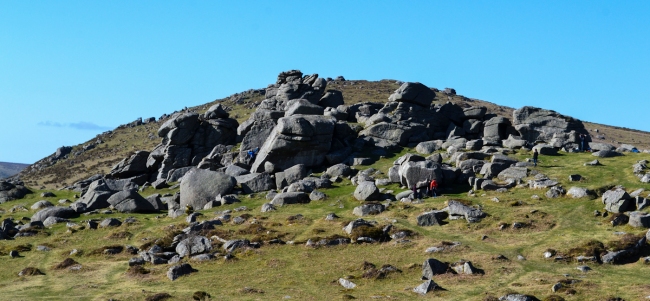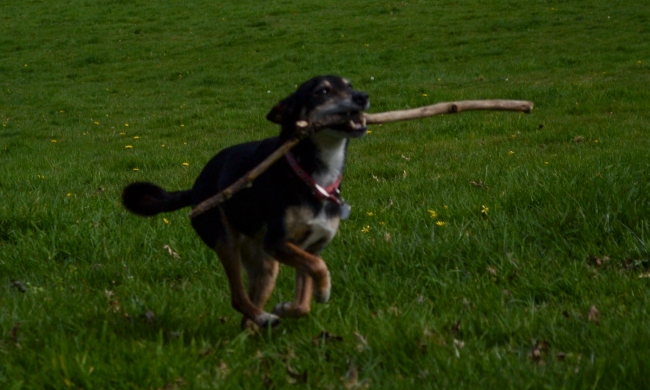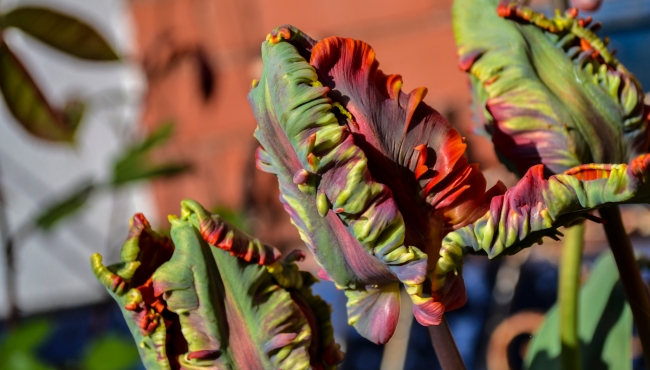What was this like before we got here?
Sometimes when I look around it seems that we’re living in a self-service world, an automated world that points us down a particular avenue. It’s easy to be lulled into a false sense of security by all the conveniences of living in the contemporary western world. In our post-industrial quest for efficiency and productivity, we have made things streamlined, safe and standardised. We have ironed out the idiosyncrasies. In such a world it’s easy to become dull and live on auto-pilot. It’s easy to forget how to think for ourselves because the world we have created doesn’t want us to. Where does that leave curiosity?
If I had to lose any one of my senses then I’d fight hard to save my sense of curiosity for it seems to me that being curious means being truly alive and awake. Without curiosity there would be no challenge for who could be bothered to explore, to discover, to enquire, to create or to reach out with no curiosity? Without curiosity we would become shut-in to the self. Without curiosity we would imprison ourselves.
Thinking philosophically is a curious occupation. It requires very little except an open mind and perhaps a notebook to catch new insights and understandings as they come. Thinking philosophically is something that anyone can do given a little time and attention. Philosophy is for the curious. One reason why thinking philosophically comes naturally to children is that their minds are more curious than adult minds.
Yesterday after a picnic with friends and their children under the oak trees I asked Anna, ten, and Elen, six, what they were most curious about. Anna said that she was most curious about the boy who cried wolf. She’d heard the story the day before and kept thinking about it. ‘I’m curious to know why he didn’t get a book or do something else. Why did he have to keep tricking people?’
She thought for a minute then added: ‘Also why do people say that cows lie down when it’s raining?’
Elen wanted to know why her friend Charlotte had left school and yet her sister Bella had stayed. She also wanted to know how cows make milk.
Her father Jeremy said that he would be curious to ‘have a chat with Darwin or Julius Cesar to see what they think of what we’ve made of the world.’ The girls’ mother Annaig was also curious about talking to people about lived experiences of the past. Annaig noted that when we start thinking about curiosity we end up with questions about the beginning and the end. Curiosity leads us into the big questions of philosophy.
Declan is most curious about how he can carry the biggest stick
After our picnic we went for a walk on Dartmoor through an ancient and curious landscape. As we warmed our backs on granite rocks more than 20 million years old, we wondered what the world might have been like before there were humans to experience it. As I tried to imagine a perfect, pristine wild landscape, I realised that what we think about the world is part of evolution, too. Old models of thought erode and change over time. Old ideas become replaced by new and fresh ideas. The things we are most curious about today will shape our future in some way and then be replaced by other ideas to get curious about. It’s only when we stop being curious that the light goes out on human thinking.
Here are some of the things I’m most curious about at the moment:
Is curiosity a sense or a skill?
Why do people still fall out when all their needs are met?
What will the drowned wreckage of the missing Malaysian plane look like?
Will my fancy ruffled tulips open today?
I’d be curious to hear from anyone who wants to share their own curiosity list.



I’m curious to know if Fermat really solved his last theorem. I’m curious to know who made the compass rose in Mules Park, Teignmouth, and why. I’m curious to know if we (the universe) is actually part of a computer programming. I’m curious to know why 4 young girls died on Teignmouth Barr in 1734 and I’m curious to know where is the arietes rock!!!
LikeLike
I was curious to know about the Teignmouth girls’ too, and so visited your interesting blog. I’m also curious to know whether a poet or writer lives in Keats’ old house in Teignmouth. Can you enlighten me?
LikeLike
What an interesting post- thank you :)
I think curiosity is, well, curious. People can say they are curious about/curious to know/curious to find out something, so it involves a focussing of attention with a view to investigation. The focus might be on a concrete object, a concept, a problem etc. We can be curious about pretty much anything, so it is a very wide ranging notion. If we find something curious it suggests it strikes us both as odd or strange and also interesting enough to be worth investigating. On your question about what kind of concept it is- how about a motivation or disposition?
LikeLike
Thank you for your thoughtful response Trifocal! I do like your idea of curiosity as a form of motivation, as it strikes me that we can’t be motivated without it.
LikeLike